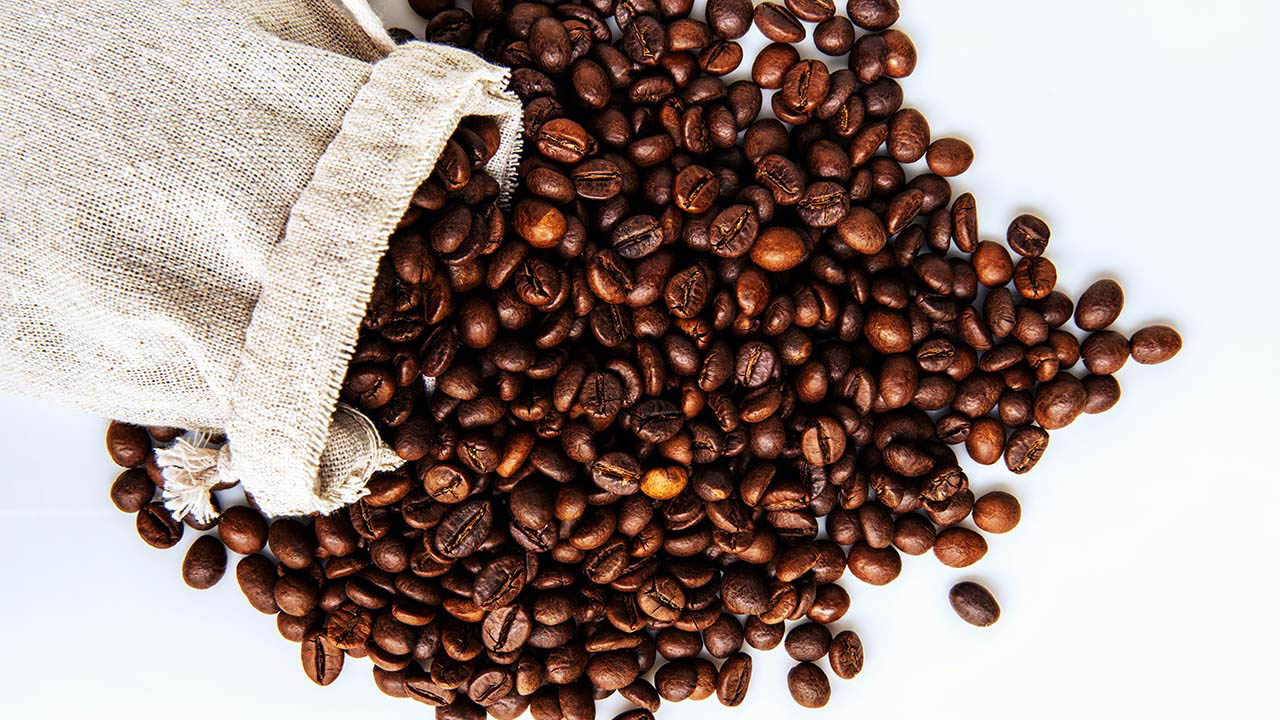Coffee around the world
 CREDIT: HUDIEMM
CREDIT: HUDIEMMCoffee takes many forms around the world.
Coffee is a global commodity that is loved by many around the world, with many countries brewing their own spin on it. From cold to piping hot, and even mixed in with different beverages, cultures have been able to make their take on coffee popular enough to make them staples of their global identities.
In Europe, many countries have adopted and produced their own coffees unique to their regions, especially in the southern countries. Italy most notably puts itself on the map as being a country with some of the world’s strongest coffee options. In Italian culture, coffee is more than just a drink, it’s a science and religion itself, as the process follows precise measurements and procedures that baristas must follow, or it will affect the flavour of the coffee, even by the slightest taste.
Everyone knows the usual espresso that is served in those tiny cups. Brewing coffee is a different art to where they’ve started to incorporate different flavours during the brewing process. In some cafes, they offer coffee brewed with a small bar of chocolate on top of the cup sitting as the steaming espresso seeps from the coffee machine. Baristas do it this way as they believe that it strengthens the flavour’s presence within the coffee.
Moving next door to Greece, they’ve taken specialty coffee to a different level in the cold and iced coffee game. The country’s most popular drink is the classic frappe. What makes frappe so unique is how rich it gets with only adding a bit of sugar or sweetener and the way it’s made. It’s made from dried crushed coffee ground that is then mixed with water or milk. Ice is then added to a cup, shaken for a few seconds and then added to a chilled glass with ice. A bottle of water is also given alongside this drink, so that when you start running low on the drink, you can refill it as if it’s bottomless!
Greece also has its own twist on espresso in a cold form called freddo espresso. It’s made the same way as frappe except it’s made with a milk base. It is then whipped with a special mixer for about 10 seconds and turns into a frothy foam. Water is then added, and the drink is ready to enjoy.
When we think of the brewing process, a machine is typically involved in the process of boiling the water to a high temperature. In Turkey, that’s not always the case as they brew the coffee in a unique way. Turkish coffee comes in a powder form and is added to a small pot like cauldron called a cezve filled with water.
They then sift the coffee in blistering hot sand for five minutes where the liquid boils and the coffee is ready. Turkish coffee is known to have a stronger taste than espresso and contains a higher amount of caffeine as well. An old legend follows the drink, which says the leftover grounds at the bottom can be used to read your fortune, adding to the experience of enjoying this beverage.
Even though these takes on coffee come from afar, there are various local cafes where you can try these coffees for yourself in London, such as Black Walnut Cafe or the Reset Social Cafe.

















